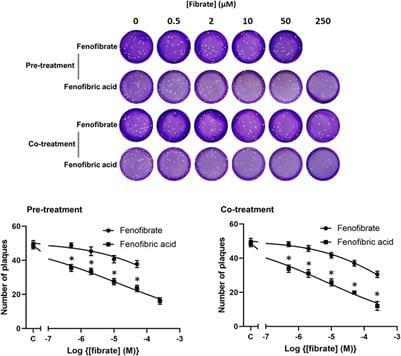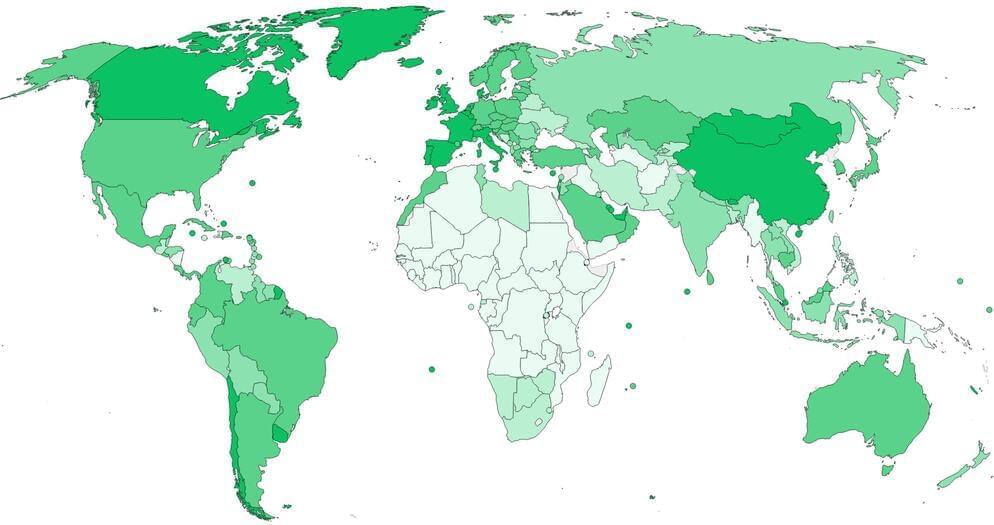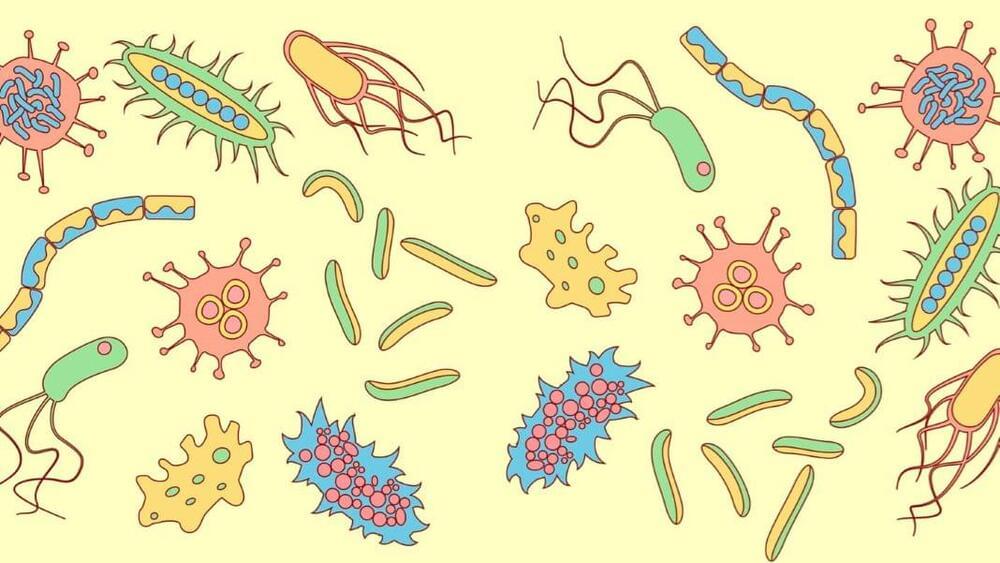What we’ll soon see is the ultimate self-directed evolution fueled forward by gene editing, genetic engineering, reproduction assisted technology, neuro-engineering, mind uploading and creation of artificial life. Our success as a technological species essentially created what might be called our species-specific “success formula.” We devised tools and instruments, created new methodologies and processes, and readjusted ecological niches to suit our needs. And our technology shaped us back by shaping our minds. In a very real sense, we have co-evolved with our technology. As an animal species among many other species competing for survival, this was our unique passage to success.
#TECHNOCULTURE : #TheRiseofMan #CyberneticTheoryofMind
Technology has always been a “double-edged sword” since fire, which has kept us warm and cooked our food but also burned down our huts. Today, we surely enjoy the fruits of modern civilization when we fly halfway around the globe on an airbus, when we extend our mental functionality with a whole array of Internet-enabled devices, when our cities and dwellings become icons of technological sophistication.







